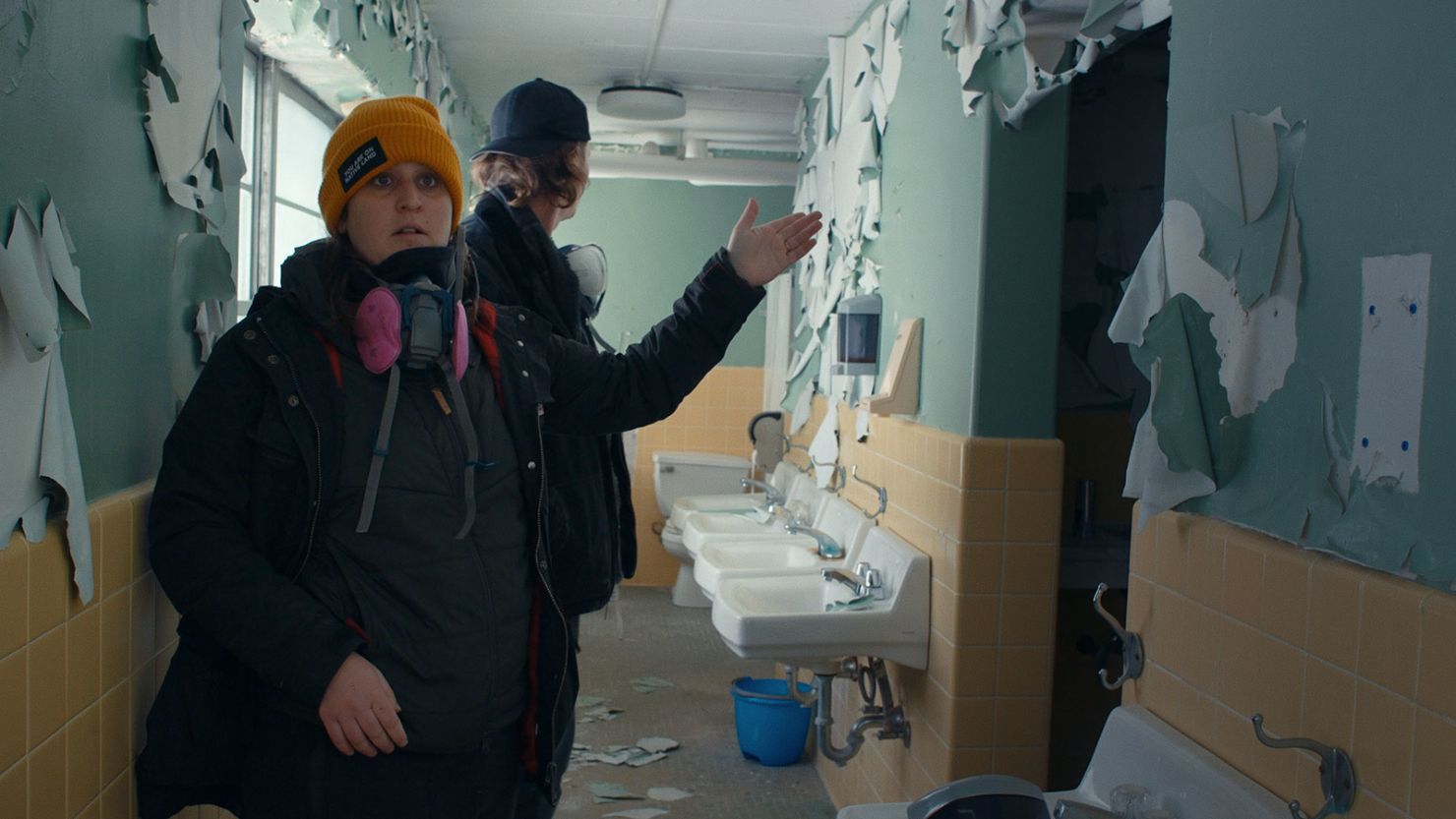Allegations of George Tulip Ivy Ridge involvement in abusive practices have surfaced in the Netflix docuseries, prompting discussions online.
Ivy Ridge, the focus of the three-part Netflix series “The Program: Cons, Cults, and Kidnapping,” directed by Katherine Kubler, is an institution in upstate Ogdensburg, New York, catering to troubled teens.
Katherine, drawing inspiration from Alexandre Dumas’ The Count of Monte Cristo, exposes and seeks vengeance against those who tormented her during a challenging 15-month period at the Academy.
The series unfolds as a powerful narrative of rebellion and retaliation, shedding light on the dark aspects of Ivy Ridge while echoing themes of resilience and justice in the face of adversity.
George Tulip Ivy Ridge Arrested For Child Abuse
The revelations surrounding George Tulip at Ivy Ridge are deeply disturbing, shedding light on his role as the director of the boys’ side of the program.
Katherine Kubler and fellow former students expose the alarming practices that occurred behind closed doors, including Tulip’s involvement in restraining and forcibly shaving a student’s head.
The narrative unfolds with discussions about the lack of privacy and the troubling dynamics at Ivy Ridge.
During interviews, George Tulip’s tactics are described, with claims that he often used physical force, including restraining techniques that went beyond what was taught.
The testimonies suggest an environment where physical confrontations were not uncommon, raising questions about the overall well-being of the students under his care.
The most damning evidence comes from a discovery in George Tulip’s office—a trove of over 200 restraints documented with handwritten, signed confessions, indicating Tulip’s direct involvement in abusive practices.

Katherine Kubler and her team unveil these shocking records, revealing a pattern of abuse and manipulation by the very person entrusted with the well-being of the students.
The handwritten confessions, signed by George Tulip, serve as chilling proof of his participation in abusive actions.
The discovery not only points to his role as a perpetrator but also underscores the institutional failure at Ivy Ridge to protect the vulnerable youth in its care.
These revelations raise serious questions about the ethical and legal dimensions of George Tulip’s actions.
The potential consequences for child abuse allegations are significant, and further investigation into the systemic issues at Ivy Ridge is imperative.
The testimonies and evidence gathered by Katherine Kubler and her team serve as a poignant exposé, emphasizing the need for accountability and justice for the victims of abuse at Ivy Ridge.
George Tulip Mugshot And Charges
As of now, detailed information about George Tulip’s mugshot and any potential charges remains undisclosed.
The recent revelations surrounding Tulip, featured in Netflix’s docuseries “The Program: Cons, Cults, and Kidnapping,” shed light on the disturbing practices at the Academy at Ivy Ridge, a for-profit boarding school that operated from 2001 to 2009 in Ogdensburg, New York.
Tulip, the director of the boys’ side of the program, is implicated in the physical restraints and abusive environment described by Katherine Kubler and other former students.
The academy’s deceptive promises of outdoor activities and academic growth concealed a reality of cramped living conditions, solitary confinement, and a manipulative points system designed to prolong students’ stays.
The docuseries delves into the coercive techniques employed, including fear, violence, and manipulation, portraying Ivy Ridge as an institution focused on control rather than rehabilitation.
Kubler, a survivor of the academy, embarked on a mission to expose the truth, obtaining files spanning nearly a decade of operation.

The series unfolds with firsthand accounts of trauma, restrictive rules, and a pervasive culture of brainwashing.
The discovery of handwritten notes and files in George Tulip’s office serves as chilling evidence, containing signed confessions to child abuse and surveillance videos capturing administrators brutally assaulting minors.
“The Program” also reveals the broader context of the troubled teen industry, exposing the World Wide Association of Specialty Programs and Schools (WWASPS), an organization led by Robert Lichfield, associated with Ivy Ridge.
The series suggests a for-profit scheme where children were referred to as “units,” scarred for life, and parents were deceived into paying exorbitant tuition fees.
While the docuseries confronts former Ivy Ridge staffers and delves into the power dynamics behind the troubled teen industry, specific legal actions against individuals like George Tulip are yet to be disclosed.
The exposé aims to hold accountable those responsible for the abuses at Ivy Ridge, contributing to a broader conversation about the exploitative practices within the troubled teen industry.





